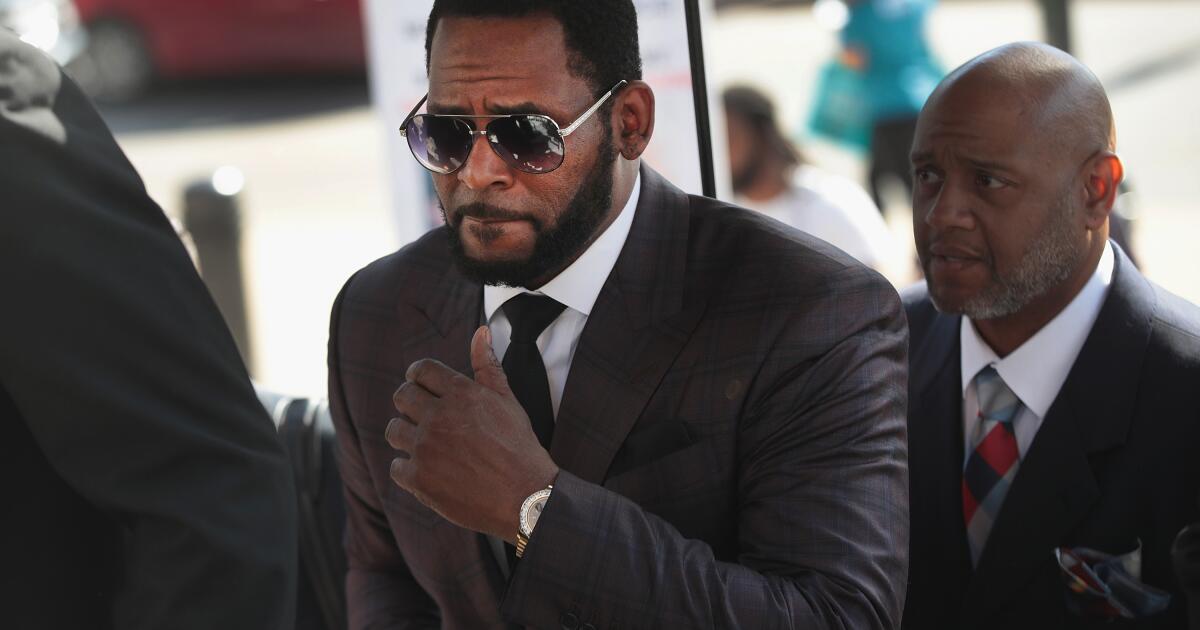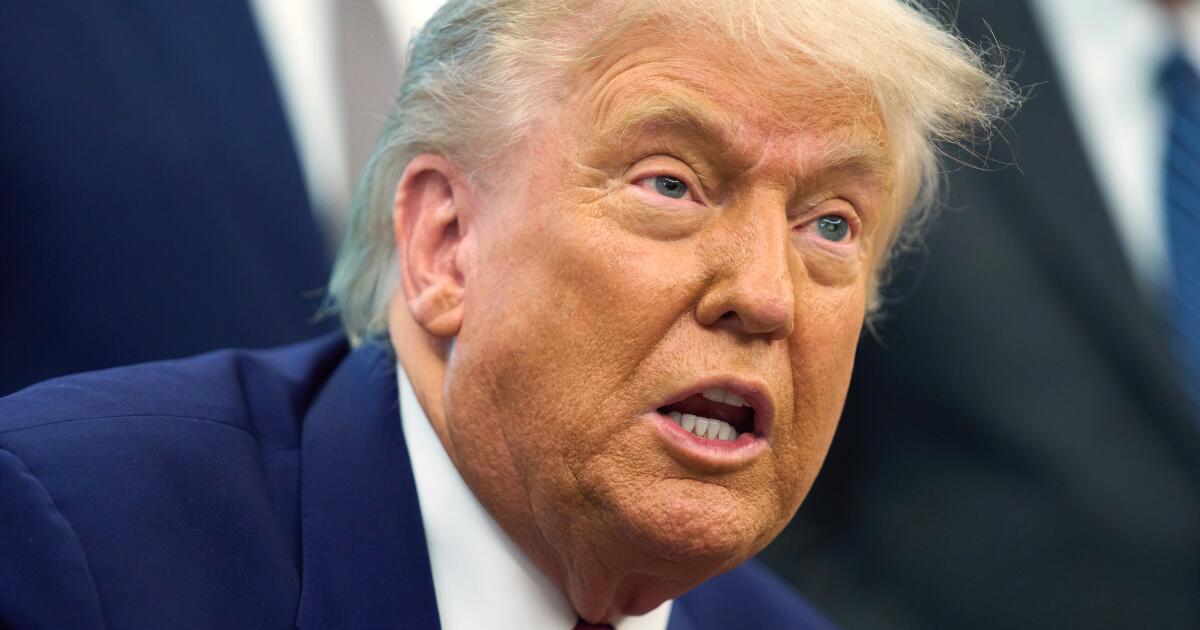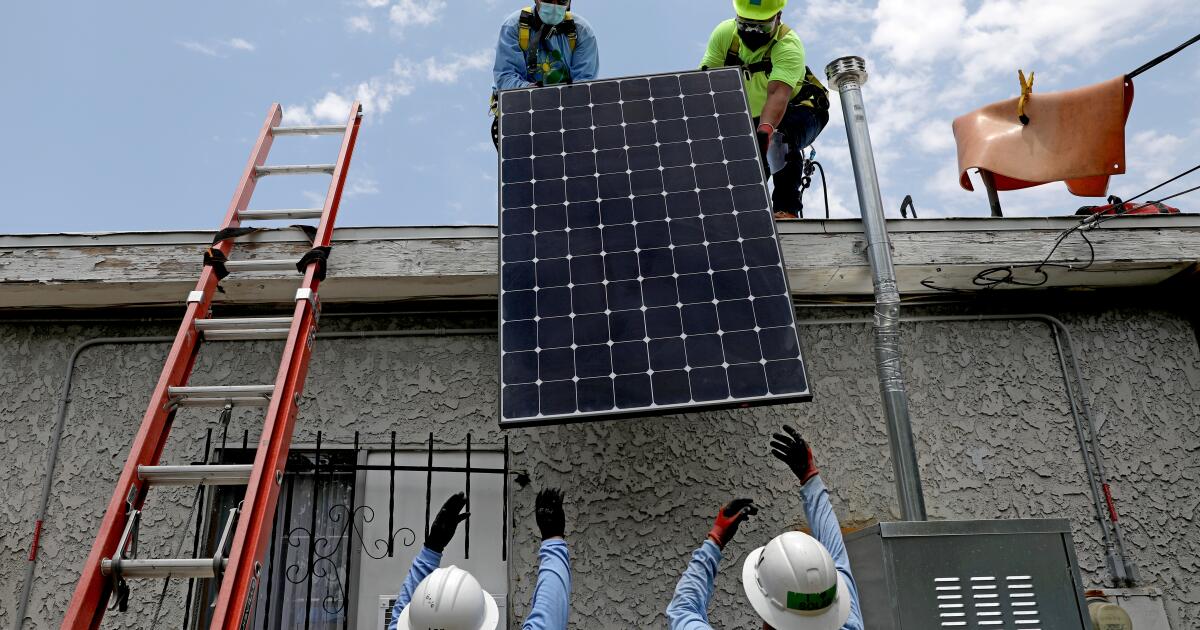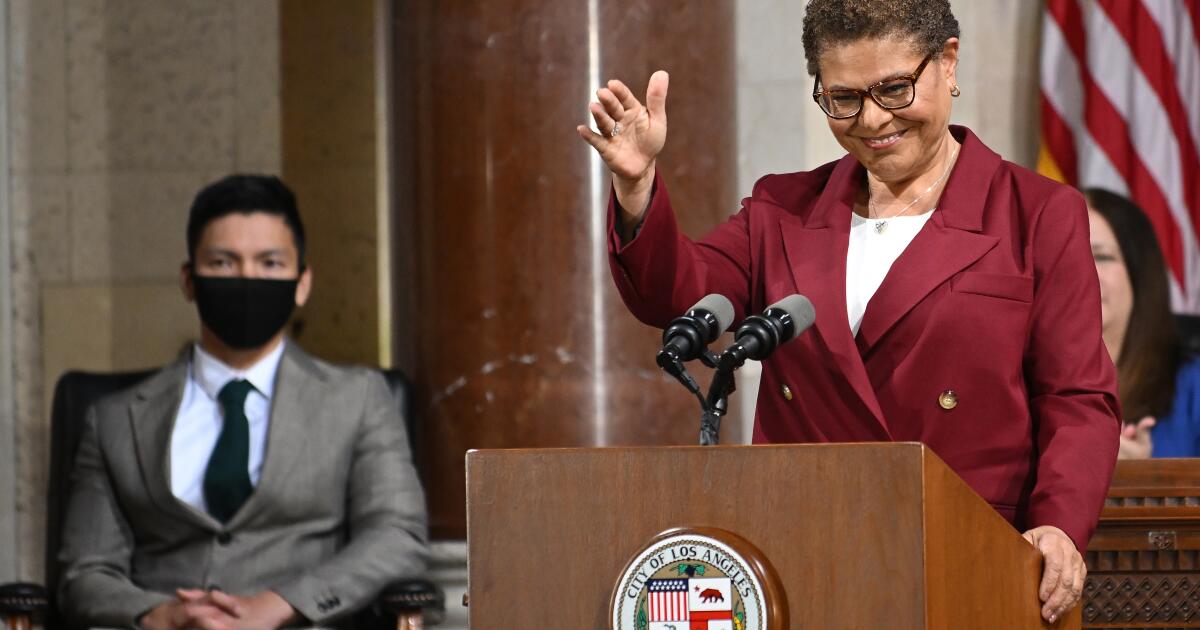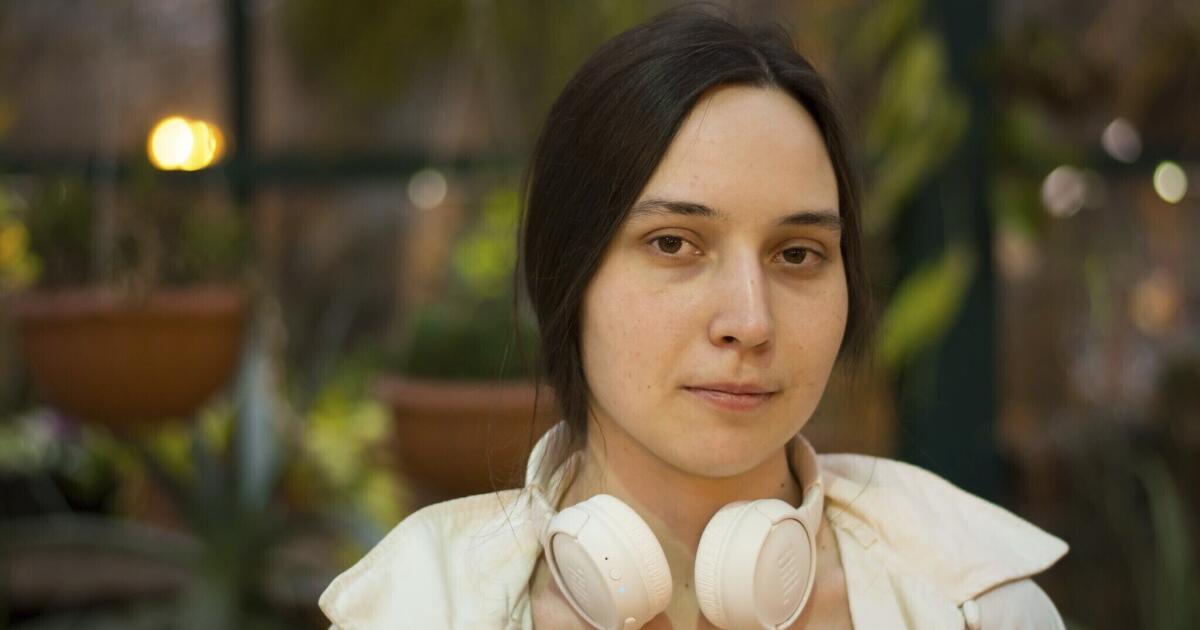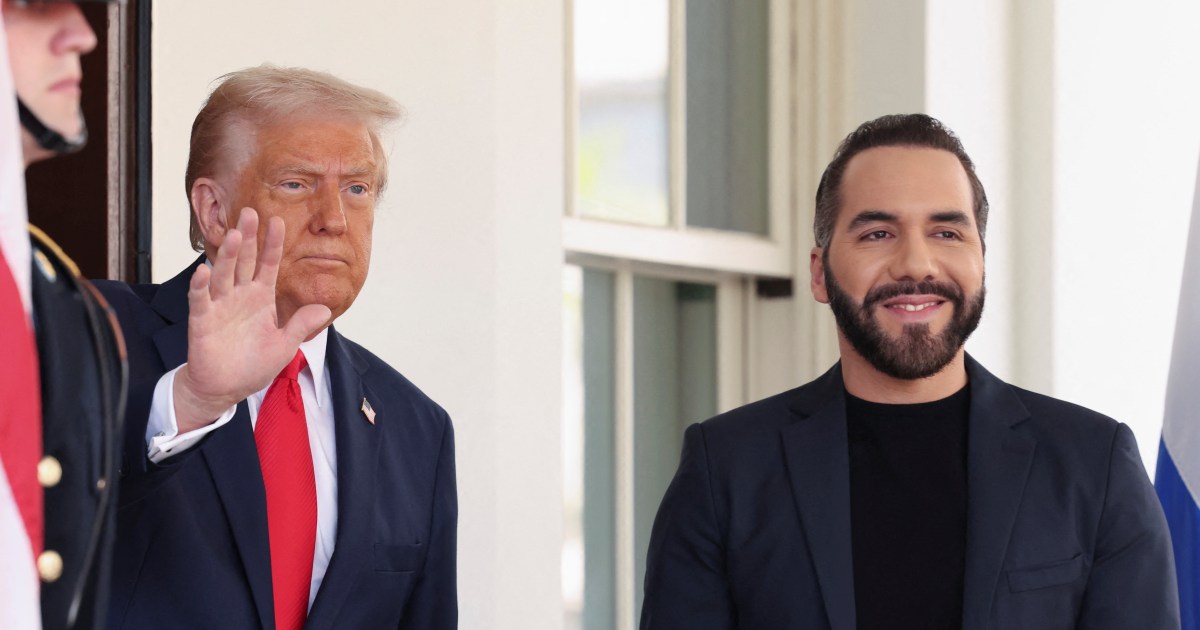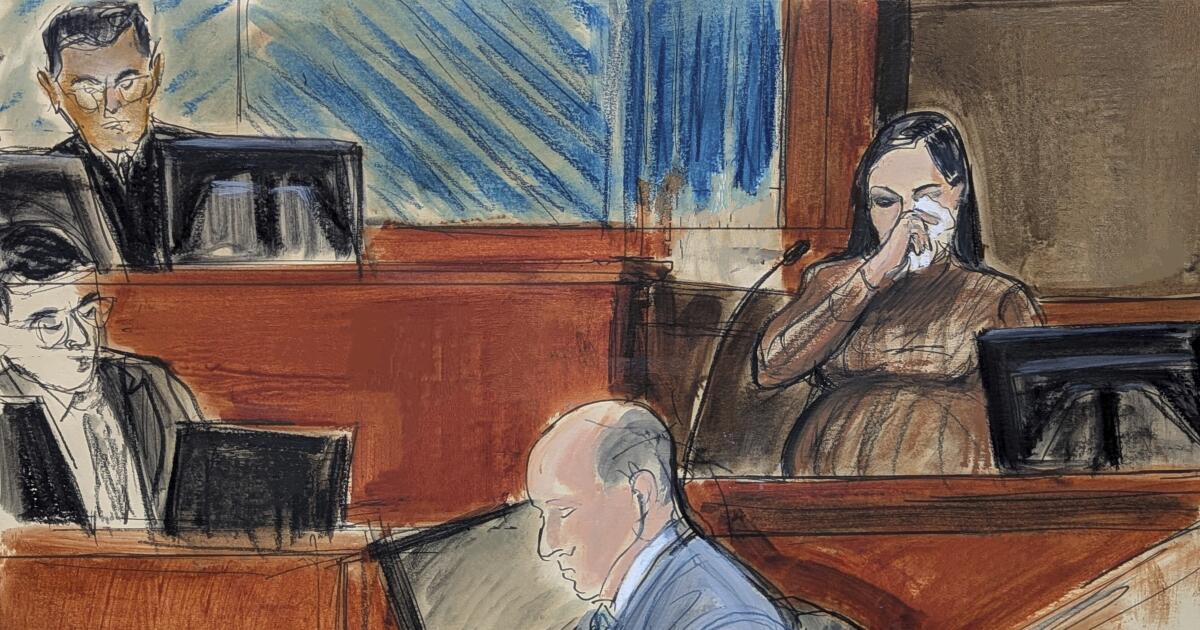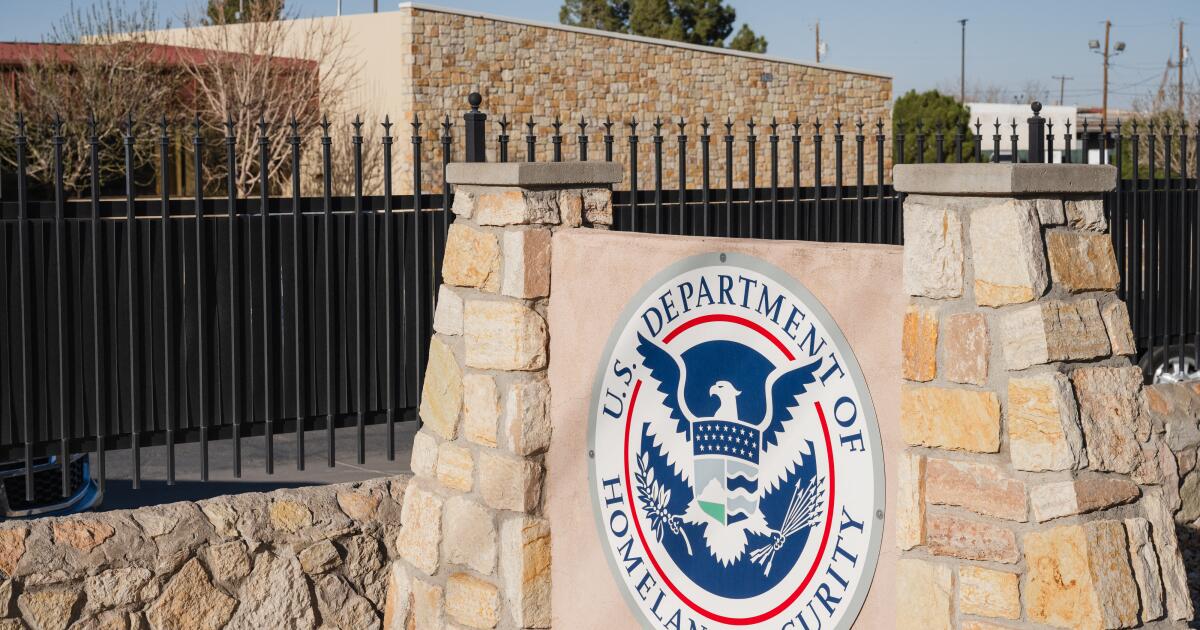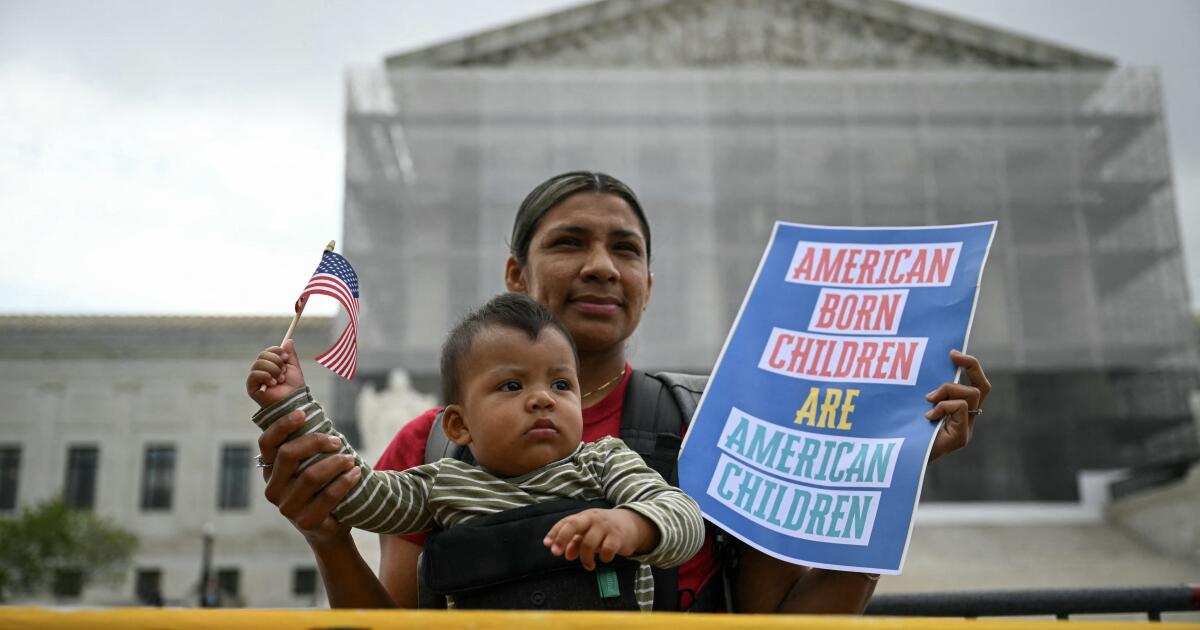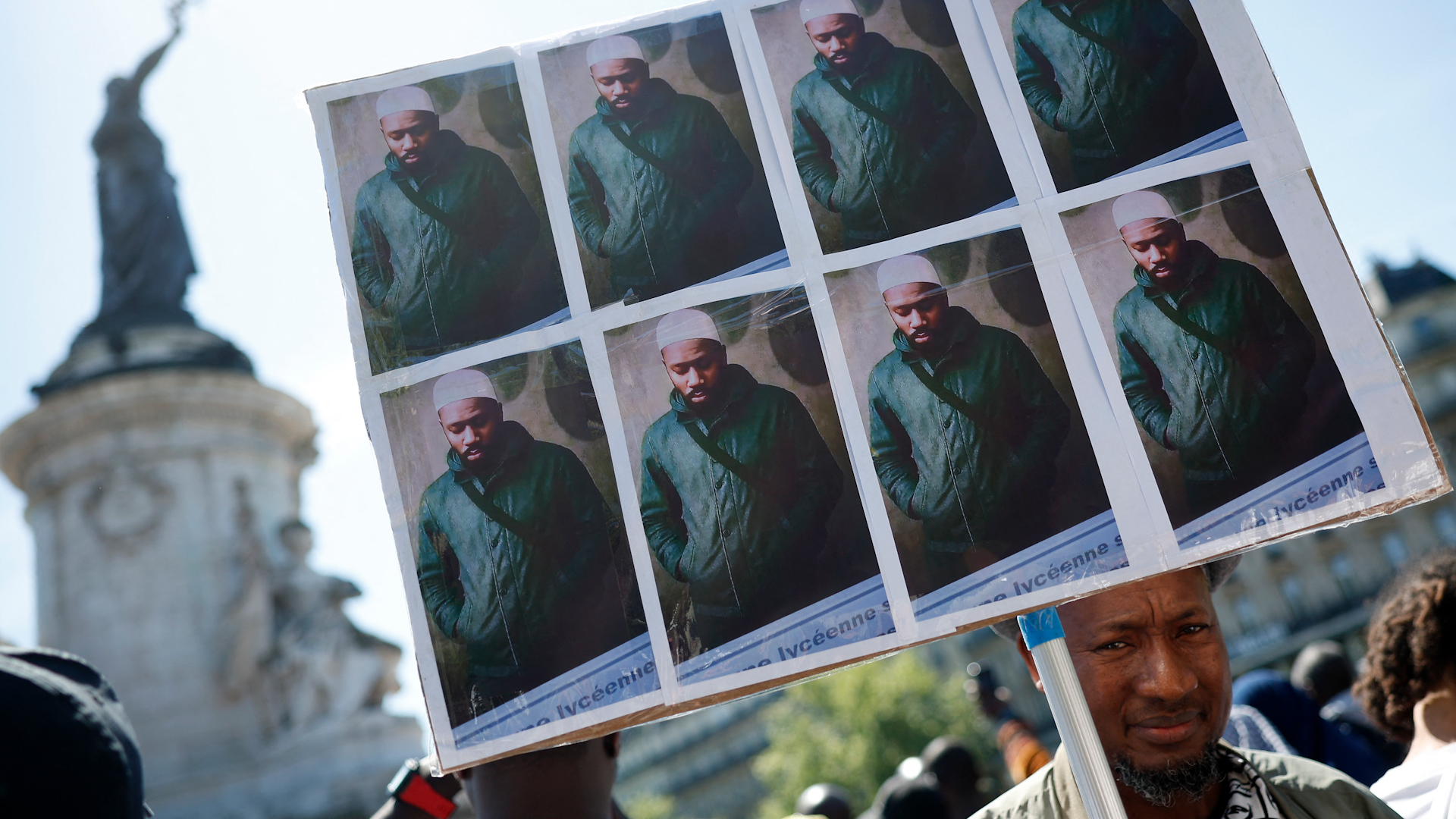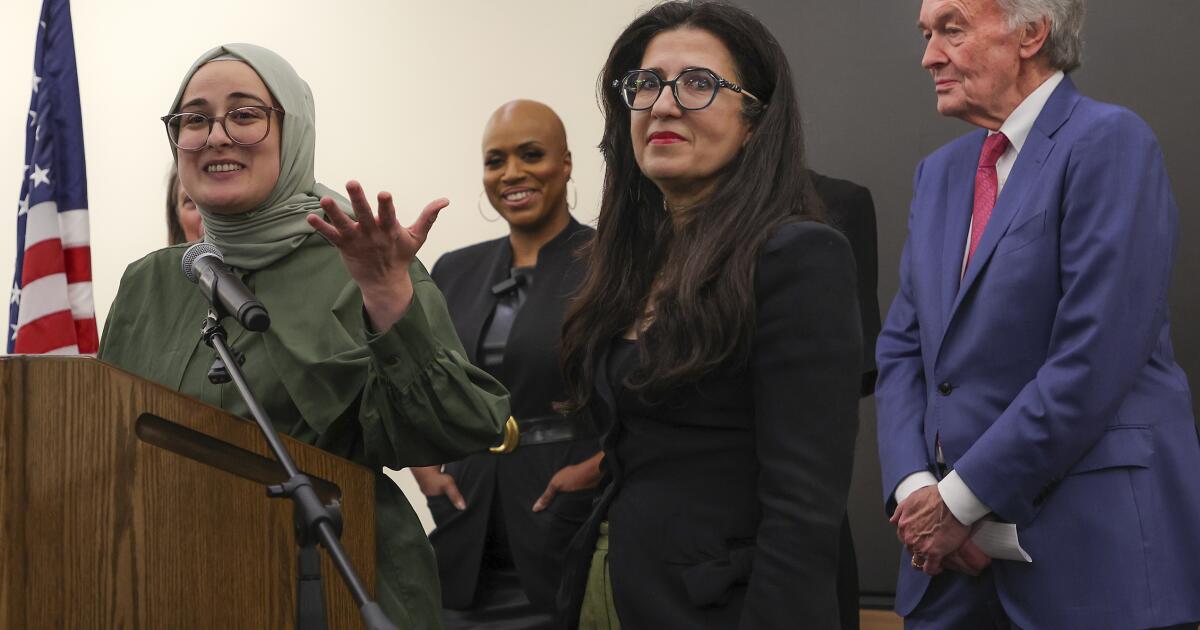After R. Kelly is hospitalized, lawyer blames alleged murder plot
R. Kelly collapsed in prison Friday and had to be hospitalized outside prison walls, then didn’t get care that hospital staff said he needed, his attorney alleged in a Monday court filing.
The disgraced R&B singer’s attorney said federal prison officials attempted to kill Kelly by drug overdose Friday, two days after a previous motion was filed stating that the “I Believe I Can Fly” singer was in danger from an interstate plot involving prison authorities and the Aryan Brotherhood prison gang.
Authorities are allegedly trying to prevent Kelly from spilling compromising information about misconduct by the Department of Justice and the Bureau of Prisons, per court documents filed on Kelly’s behalf and reviewed by The Times.
The federal government dismissed the intentional overdose allegations, filing a response Tuesday that characterized the idea of a prison murder plot as “fantastic” and “fanciful.”
Kelly, 58, is serving 30-year and 20-year federal sentences that are largely concurrent at the FCI Butner prison facility in North Carolina after convictions in Illinois and New York for child sex crimes and racketeering.
Last week, attorney Beau B. Brindley filed an emergency furlough request on the singer’s behalf, stating that he was the target of a Bureau of Prisons-related murder plot involving a member or members of the racist Aryan Brotherhood being told to order his killing. The filing included a sworn declaration from Brotherhood honcho Mikeal Glenn Stine, who has been incarcerated since 1982 and said he chose to come clean to Kelly about the alleged plot because he is “a dying man” with terminal cancer and wanted Bureau of Prisons officials to be held accountable for decades of using inmates for their own purposes.
The solution? Brindley asked that his client to be sent to home detention for an unspecified amount of time until the threat is gone. The filing insisted that time was “of the essence” in a plot that allegedly was hatched in February 2023.
That threat, he said in the Monday filing, loomed larger than ever after Kelly was taken to solitary confinement early last week with medicines for sleep and anxiety in his possession, then was given additional medications by prison officials along with instructions on how to take them. Brindley said he filed the initial motion alleging the murder plot two days after that, on June 12.
“In the early morning hours of June 13, 2025, Mr. Kelly awoke,” the additional Monday motion said. “He felt faint. He was dizzy. He started to see black spots in his vision. Mr. Kelly tried to get up, but fell to the ground. He crawled to the door of the cell and lost consciousness. He was placed on a gurney. Prison officials wanted him to be taken to the on-site medical facility, but staff there could not assist him. Consequently, Mr. Kelly was taken by ambulance to nearby Duke University Hospital. While in the ambulance, he heard one of the prison officers with him state: ‘this is going to open a whole new can of worms.’ ”
Kelly learned at the hospital that he had been given a life-threatening overdose amount of medication, Brindley said in the Monday motion. The singer was hospitalized for two days for treatment.
“[W]ithin two days of the filing of his [initial] motion, Bureau of Prisons officials administered an amount of medication that significantly exceeded a safe dose and caused Mr. Kelly to overdose, putting his life in jeopardy. They gave him an amount of medicine that could have killed him,” the Monday motion said.
In a response to the Kelly team’s initial filing from last week, prosecutors said Tuesday that the singer was asking the court to let him go home indefinitely “under the guise of a fanciful conspiracy.” They argued that the district court in Illinois doesn’t have jurisdiction over Kelly’s request for a change in his sentence and therefore need not consider the request.
“The government disputes the fantastic allegations in Kelly’s motion,” U.S. Atty. Andrew S. Boutros wrote. “Kelly is in prison because he is a serial child molester whose criminal abuse of children dates back to at least President Clinton’s first term in office — decades before Kelly was taken into federal custody.”
Kelly’s legal team doubled down on its allegations Tuesday in a reply to that government response, alleging that “the Federal Bureau of Prisons is taking active steps to kill Robert Kelly” and had “overdosed Mr. Kelly on medications and nearly killed him,” then “took him out of a hospital at gunpoint and denied him surgery on blood clots in his lungs that the hospital said needed immediate intervention.”
The blood clots reference was related to an allegation that Kelly had been seeking medical care for a swollen leg but had been denied.
“The government doesn’t care if R. Kelly is killed in the Bureau of Prisons,” Brindley said in his Tuesday reply. “They don’t care if he dies in solitary confinement. That is obvious. The smug and sanctimonious tenor of their briefing makes that plain. But there is nothing sanctimonious about what is happening to Mr. Kelly.”
